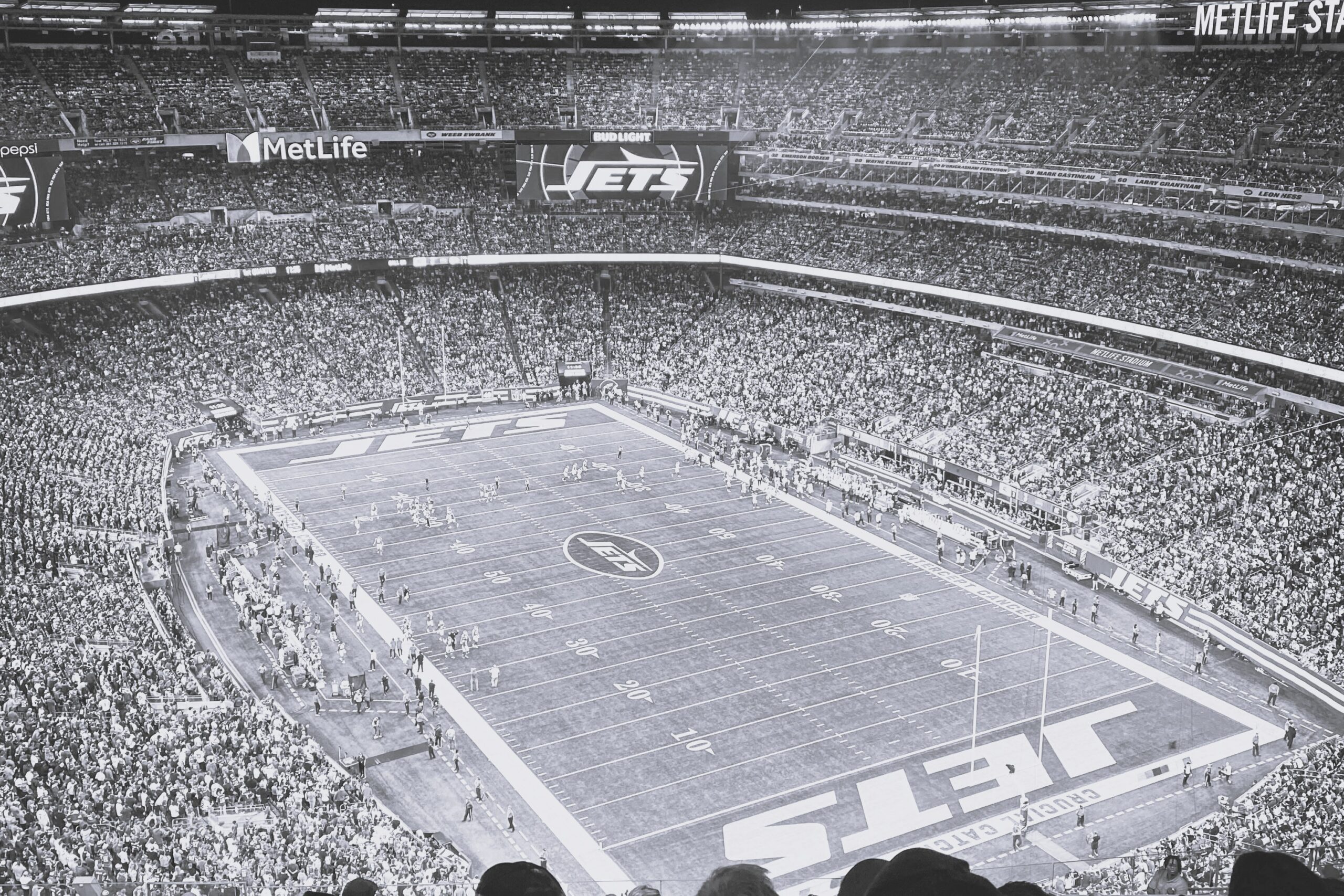Connecticut Federal Judge Tosses DOJ’s Latest No-Poach Trial

In a noteworthy upset last week, U.S. District Judge Victor A. Bolden dismissed the U.S. Department of Justice Antitrust Division’s latest – and largest – anti-poach case brought to trial yet, opting to decline sending the case to the jury for disposition.
In granting defendants’ joint motion for judgment of acquittal pursuant to Federal Rule of Criminal Procedure 29, Judge Bolden ruled that no reasonable juror could convict the accused (who consisted of six aerospace and staffing company executives) beyond a reasonable doubt based on the evidence presented by prosecutors.
The case, U.S. v. Patel, et al., case number 3:21-cr-00220, in the U.S. District Court for the District of Connecticut, is the latest in a series of high-profile losses by the Justice Department, which has failed to win a single jury conviction on accusations of alleged deals to fix wages or restrict recruitment and hiring.
Finding that hiring restrictions among the parties shifted constantly throughout the alleged conspiracy, and that workers were still free to switch between different staffing companies servicing the Pratt & Whitney division of Raytheon Technology, Corp. during the alleged unlawful agreement, Judge Bolden held that the DOJ had failed to show an illegal market allocation, or a “cessation of meaningful competition in the allocated market,” for labor among the defendants.
Since 2020, when the government began prosecuting similar alleged wage-fixing and no-poach deals, the DOJ has secured convictions from just two plea deals, and a guilty verdict only in one case for lying to investigators. We previously blogged on the first of those plea deals that involved anti-poaching charges filed against a Las Vegas, Nevada healthcare staffing company.
It is unclear how this latest setback to the DOJ may impact its prosecutorial approach to anti-poach cases going forward. However, employers contemplating entering into “no poach” agreements should continue to tread cautiously in light of the potentially severe consequences if they are found to be engaging in unlawful anticompetitive conduct.
No aspect of this advertisement has been approved by the highest court in any state.
Results may vary depending on your particular facts and legal circumstances.
As the law continues to evolve on these matters, please note that this article is current as of date and time of publication and may not reflect subsequent developments. The content and interpretation of the issues addressed herein is subject to change. Cole Schotz P.C. disclaims any and all liability with respect to actions taken or not taken based on any or all of the contents of this publication to the fullest extent permitted by law. This is for general informational purposes and does not constitute legal advice or create an attorney-client relationship. Do not act or refrain from acting upon the information contained in this publication without obtaining legal, financial and tax advice. For further information, please do not hesitate to reach out to your firm contact or to any of the attorneys listed in this publication. No aspect of this advertisement has been approved by the highest court in any state.
Join Our Mailing List
Stay up to date with the latest insights, events, and more







